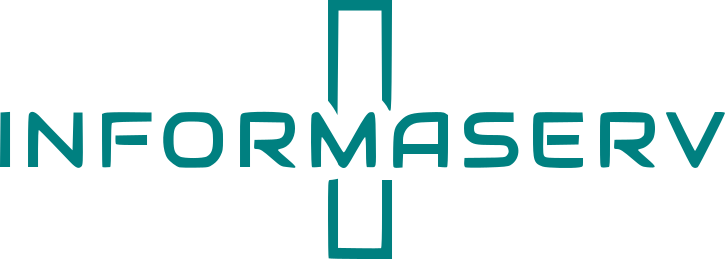As artificial intelligence (AI) continues to revolutionize industries, corporations are increasingly eager to adopt this transformative technology. For entrepreneurs, this presents a golden opportunity to start a small business focused on AI enablement services. This guide outlines the essential steps and knowledge areas needed to establish and grow a successful consulting firm specializing in AI solutions for corporate clients.
1. Understanding AI Enablement
AI enablement involves helping businesses integrate AI technologies into their operations to enhance efficiency, decision-making, and overall performance. This can include implementing machine learning models, natural language processing tools, computer vision systems, and other AI-driven solutions.
2. Core Areas of Expertise
To effectively offer AI enablement services, your team must be proficient in several key areas:
A. AI Technologies and Tools:
Familiarity with popular AI frameworks and tools such as TensorFlow, PyTorch, Keras, and scikit-learn is crucial. Your consultants should be adept at using these tools to develop, train, and deploy AI models.
B. Data Science and Analytics:
Strong skills in data preprocessing, exploratory data analysis, and statistical modeling are essential. Proficiency in SQL, Python, R, and data visualization tools like Tableau or Power BI will be invaluable.
C. Machine Learning and Deep Learning:
Deep understanding of various machine learning algorithms (e.g., regression, classification, clustering) and deep learning architectures (e.g., CNNs, RNNs, GANs) is necessary to tailor solutions to client needs.
D. Business Acumen:
Knowledge of different industry domains (e.g., finance, healthcare, retail) helps in understanding specific business challenges and how AI can address them. Your team should be capable of translating technical solutions into business value propositions.
E. Project Management:
Skills in project management methodologies (e.g., Agile, Scrum) ensure that AI projects are delivered on time and within budget. Certification in project management (e.g., PMP, PMI-ACP) can enhance credibility.
3. Steps to Launch Your AI Enablement Consulting Business
Step 1: Market Research and Niche Selection
Conduct thorough market research to identify industries and companies that could benefit most from AI enablement. Determine your niche based on the team’s expertise and market demand. For example, you might focus on AI solutions for healthcare analytics or financial risk management.
Step 2: Business Plan Development
Create a comprehensive business plan outlining your value proposition, target market, competitive analysis, marketing strategy, and financial projections. This plan will serve as your roadmap and is crucial for securing funding, if needed.
Step 3: Building a Skilled Team
Assemble a team of up to five consultants with complementary skills in AI technologies, data science, and business consulting. Ensure continuous professional development through online courses, certifications, and workshops. Key resources include:
– Coursera and edX for courses on AI and machine learning.
– Kaggle for practical data science competitions.
– Professional organizations like the Association for the Advancement of Artificial Intelligence (AAAI).
Step 4: Establishing Legal and Administrative Foundations
Register your business, obtain necessary licenses, and set up financial systems for invoicing, payroll, and taxes. Consult with a legal advisor to draft contracts and service agreements.
Step 5: Developing Service Offerings
Design a portfolio of services tailored to different stages of AI adoption:
– AI Readiness Assessment: Evaluate a company’s current capabilities and readiness for AI implementation.
– Pilot Projects: Develop and implement pilot AI projects to demonstrate value.
– Full-scale Implementation: Scale successful pilots into full production systems.
– Training and Support: Offer training programs to upskill client teams and provide ongoing support and maintenance.
Step 6: Marketing and Client Acquisition
Build an online presence through a professional website, social media, and content marketing (e.g., blogs, whitepapers, webinars). Network at industry conferences and join business networks to connect with potential clients. Consider offering free initial consultations or workshops to showcase your expertise.
Step 7: Delivering Excellence and Building Relationships
Focus on delivering high-quality services and exceeding client expectations. Build strong relationships by understanding client needs, providing transparent communication, and delivering measurable results. Collect testimonials and case studies to build credibility and attract new clients.
4. Continuous Learning and Adaptation
AI is a rapidly evolving field, so staying updated with the latest advancements is vital. Encourage your team to:
– Attend AI conferences and seminars.
– Participate in AI research communities.
– Subscribe to AI journals and publications.
By following these steps and maintaining a commitment to excellence and continuous learning, your small consulting business can successfully help corporations navigate the complexities of AI adoption and achieve their strategic goals. With the right expertise and a client-centric approach, you can establish a strong foothold in the growing field of AI enablement services.
